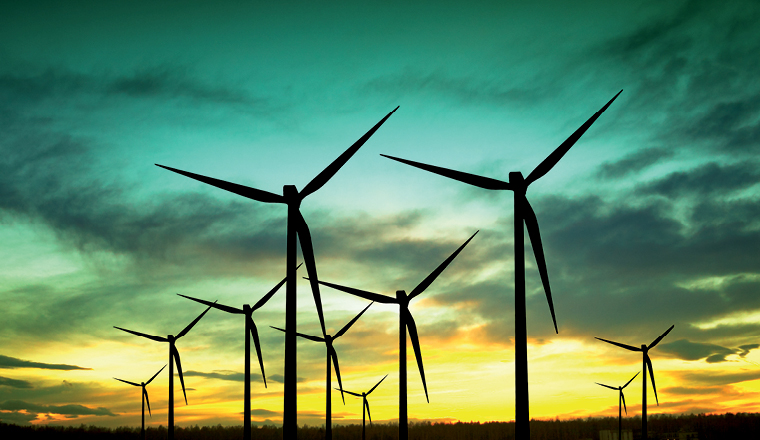Published: July 15, 2016
The Africa Finance Corporation has invested in a huge wind farm project in Cape Verde, but its head of power Batchi Baldeh says that the continent cannot afford to be dogmatic about renewable energy.
The Paris climate deal, agreed in December and signed by more than 170 countries in April, is already having an impact on how deals are financed in Africa, according to Batchi Baldeh, head of power at the Africa Finance Corporation. Senegal, which was trying to launch coal-fired projects, has shifted its strategy. In Rwanda, AFC has been working on a thermal energy project, but has found it difficult to attract development finance institutions.
“Some European DFIs have said that they will not finance thermal power projects, probably in the next two years or so. That’s quite impactful,” Baldeh tells EMEA Finance. In February, AFC bought out InfraCo’s stake in the Cabéolica Wind Farm in Cape Verde, a project which generates around 20% of the island chain’s energy needs.
Investor interest in renewable energy in Africa has waxed and waned over the past few years. The continent has an immense gap in power generation and distribution. Around 700 million people lack access to reliable energy.
That deficit makes starting businesses prohibitively expensive and undermines social infrastructure, with real impacts on healthcare, education and poverty reduction. In that context, getting power on the grid, regardless of the carbon emissions, is a priority for many governments. Wind and solar, which generate power intermittently, are often less immediately attractive than ‘baseload’ generation, such as thermal or hydropower, which generates consistently.
“But when it comes to wind and solar, where it’s intermittent, that’s where it becomes tricky. In countries like Cape Verde, where you have above-average wind resources, then your renewable energy becomes quite competitive, it’s like having offshore wind onshore. But in many other countries, it’s not competitive, so you need smart subsidies to blend it with the general power mix.”
The economics of renewables in Africa have also shifted significantly with the dramatic fall in oil prices over the past two years.
“With high oil prices, renewable energy becomes very competitive, even [reaching] grid parity. As oil prices go down, as they are now, they become less competitive,” Baldeh says. “With low oil prices, renewable energy is under pressure… You need to have smart subsidies to make them viable.”


